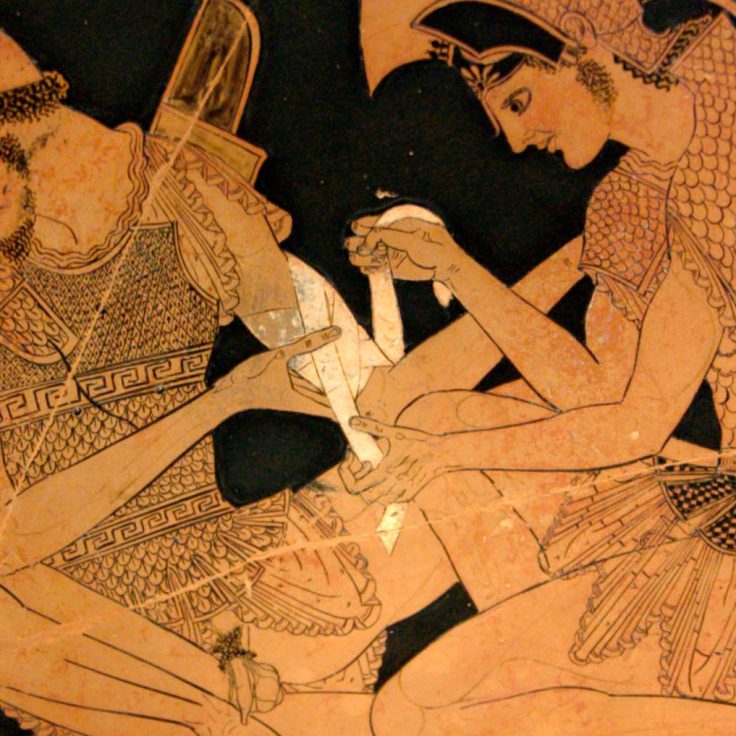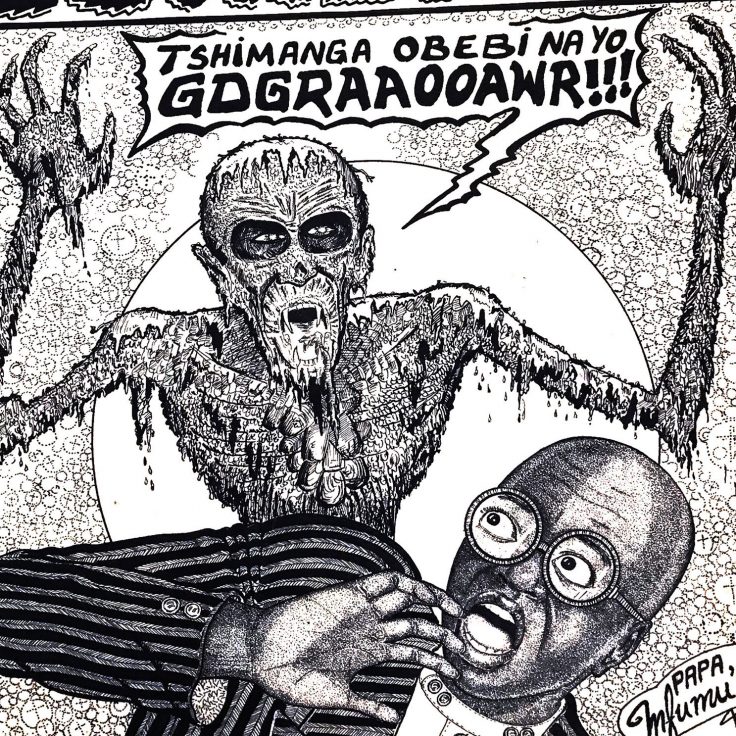
After a semester in Ethiopia, Olivia Allen added anthropology as a second major.
Student Profile — Olivia Allen ’19
Independent and Intrepid
Olivia Allen ’19 always knew she would major in psychology, an area of study that fascinated her. During her sophomore year at UF, she was looking for classes to complement psychology when she discovered Skeleton Keys: Introduction to Forensic Anthropology, a class she loved and loved even more when Professor Steven Brandt visited and talked about a study-abroad opportunity at UF’s archeological dig site in Ethiopia. “His photos were beautiful,” says Allen. “The living conditions weren’t going to be that great, but the trip was going to be a life-changing experience. It spoke to me in a weird way.”
“The choices I make are my own. I’ve come to appreciate the value of my education even more, and I can see my end goal.”
Allen wasn’t sure that she could afford the trip — she is putting herself through college — but when she found out that it was “decently priced,” she signed up. “The only problem was that I’d never been out of the country before,” she says. “In fact, I haven’t even traveled to that many states.”
Nonetheless, at the beginning of Spring semester 2017, Allen got a passport, packed work clothes and sensible shoes, and joined nine other students for what indeed was a life-changing experience. “I was completely shocked by Ethiopia,” says Allen, “the sounds, the smells, the food. I couldn’t understand a word of Amharic. The language barrier was terrifying, but in an interesting way.” The students worked at the dig, laboriously sifting through dirt, cleaning any ancient stone tools or bits of bone they found, and carefully logging their daily activity and findings.
“We worked from 9 to 4 every day during the week and sometimes on Saturdays,” Allen says. “Each day, we would wake up and hike to the site. I never hiked before. I never climbed a mountain. I never worked so hard in my entire life.” The first time she hiked to the site, Allen says she complained about it. “The kids here hike three miles to school every day,” she says. “I realized the things we complain about are ridiculous. The poverty in Ethiopia is difficult to experience.”
When the UF team was ready to return to the States, they left the dig in Wolaita Sodo and spent a week in the capital, Addis Ababa. “We had running water and clean sheets,” she says. “We realized that we took everything for granted. The people there live with less than basic necessities.”
Allen says that after Ethiopia, she feels she can do anything. A perfectionist who used to cry when she didn’t get a good grade in middle school, she says, “I was always so afraid of failure. Ethiopia changed that for me. I also used to think everything was set in stone, but then I traveled and realized I could be happy in other ways. There are many doors I never considered before opened to me.”
Allen is now a dual major in psychology and anthropology, with a career goal set on counseling psychology. She also now volunteers as a study-abroad peer adviser and as a member of She’s the First, an organization that promotes women’s education in developing countries, as well as being a member of Chi Omega. In addition, she has an academic dispensation to work 30 hours a week. “My parents didn’t go to college,” she says. “They love me, but I support myself. I don’t resent it. The choices I make are my own. I’ve come to appreciate the value of my education even more, and I can see my end goal.”

